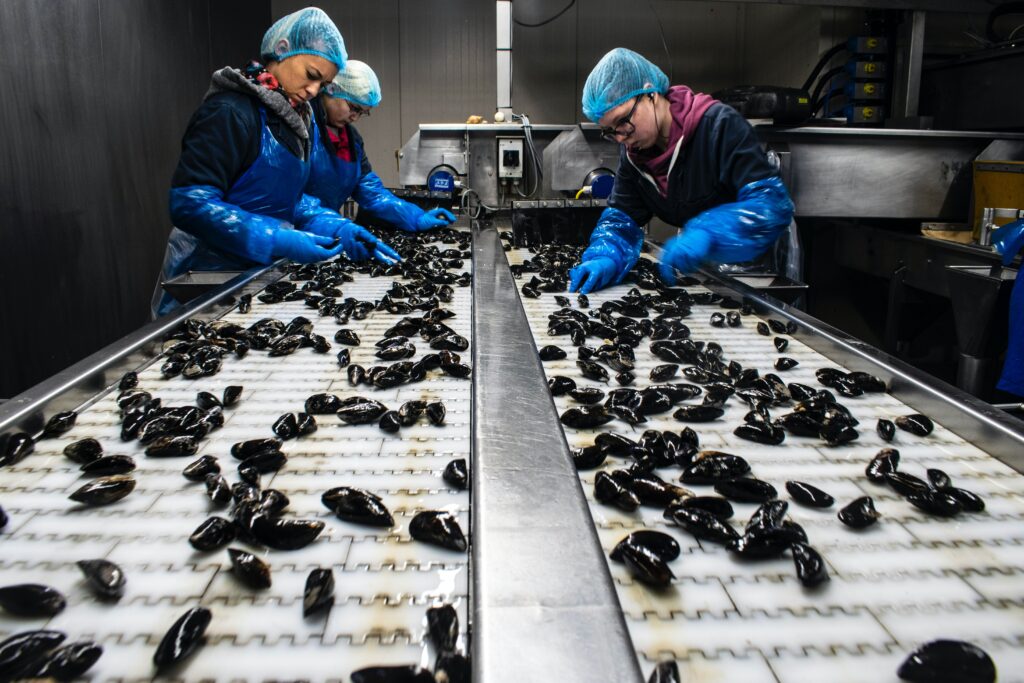
Upcycling food is the latest trend to reduce waste in the food marketplace. If your stomach is starting to feel squeamish, remember that to “upcycle” something is not the same as to “recycle” something. According to the Merriam-Webster online dictionary, to upcycle something is to create an object of greater value from (a discarded object of lesser value). With that definition clearly in mind, what is involved in the upcycled food industry? Read more to find out.
According to the Upcycled Food Association (UFA) “Upcycled foods use ingredients that otherwise would not have gone to human consumption, are procured and produced using verifiable supply chains, and have a positive impact on the environment.” Examples include companies who find ways to eliminate food waste that typically ends up in places like incinerators or a landfill. This means that upcycling food uses energy more efficiently throughout the process of bringing food to market. This means from growing or harvesting the food, through transporting it, to when it winds up in your kitchen. Data from a research group called Project Drawdown estimates that 8% of human-caused greenhouse gas emissions come from waste and food loss. UFA seeks to lower that number by helping companies to employ upcycled food production.
Upcycled Examples
Examples of businesses that are upcycling successfully include The Ugly Company, whose slogan is “Never judge a fruit by its cover.” This California company uses fruit that does not look “pretty” enough for grocery stores and dehydrates it. Typically, this fruit is thrown away (yes, thrown away!). According to their webpage, the state of California typically throws away more peaches than are grown in the entire state of Georgia in a year.
Another example is Pulp Pantry a chip company that makes veggie chips from the pulp that is left from juicing vegetables. Again, this pulp is typically thrown away. The UFA has a webpage that lists member companies that have gone through the UFA’s certification process. You can find it here. Once a company has completed the UFA’s certification program they can display the UFA certification mark on their packaging. You can look for that as you shop.
Keep upcycled foods in mind to reduce food waste and decrease greenhouse gas emissions. The ingenuity of upcycling products is fascinating. It takes many creative people to be able to look at a system, find waste, and then find a way to use that waste. Encouraging this kind of ingenuity helps to make our food production systems efficient and save the environment as well.






